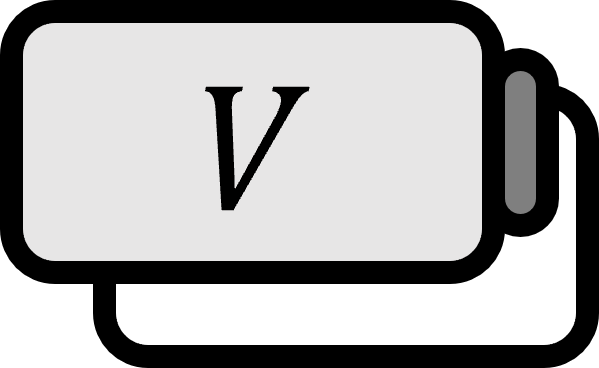The Union of Linearly Independent Sets from Different Eigenspaces is Linearly Independent
Theorem1
Let $V$ be a vector space, $T : V \to V$ a linear transformation, and $\lambda_{1}, \lambda_{2}, \dots, \lambda_{k}$ and $T$ different eigenvalues of $T$. For each $i = 1, \dots, k$, let $S_{i}$ be a linearly independent subset of the eigenspace $E_{\lambda_{i}}$. Then,
▶Eq1◀
is a linearly independent subset of $V$.
Proof
Lemma
Following the notation of the theorem, let $\lambda_{1}, \lambda_{2}, \dots, \lambda_{k}$ be different eigenvalues of $T$. Let $v_{i} \in E_{\lambda_{i}}$. If $v_{1} + \cdots + v_{k} = 0$, then for all $i$, $v_{i} = 0$ is true.
Proof
Assume the conclusion is wrong, i.e., there exists $v_{i} \ne 0$. Without loss of generality, suppose $v_{i} \ne 0$ for some $1 \le i \le m$ and $v_{i} = 0$ for some $m \lt i$. Then, for $i \le m$, we have
▶Eq2◀
However, since eigenvectors corresponding to different eigenvalues are linearly independent, the above equation is a contradiction. Therefore, for all $i$, $v_{i} = 0$ is true.
■
Let’s denote as follows.
▶Eq3◀
Then $S = \left\{ v_{ij} : 1 \le j \le n_{i},\ 1 \le i \le k \right\}$. Now, consider a constant $\left\{ a_{ij} \right\}$ that satisfies,
▶Eq4◀
For each $i$, we have,
▶Eq5◀
Then, $w_{i} \in E_{\lambda_{i}}$ and $w_{1} + w_{2} + \cdots + w_{k} = 0$. By the lemma, for all $i$, $w_{i} = 0$ is true. Since each $S_{i}$ is assumed to be linearly independent, for all $j$, $a_{ij} = 0$ is true. Therefore, $S$ is linearly independent.
■
Stephen H. Friedberg, Linear Algebra (4th Edition, 2002), p267 ↩︎
